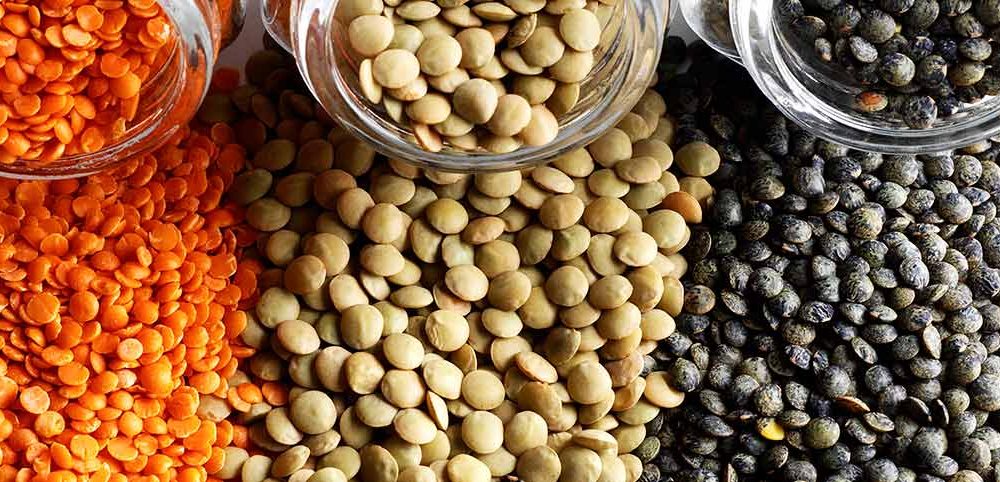
Advertisement
Are you already doing everything you can to prevent breast cancer? Sure, you’re exercising regularly, eating a healthy diet with plenty of organic produce, and maintaining a healthy weight, but just how many lentils are you eating?
The answer to that last question is more important than you might think, as a recent study shows that consuming lentils can reduce your risk of developing breast cancer by 24 percent.
In a study that was published in the international Journal of Cancer, researchers looked at more than 90,000 premenopausal women, studying the risk of breast cancer and flavonol intake for eight years. They found that those women who ate two servings of lentils per week enjoyed a significantly lower risk of breast cancer than those who did not.
Other studies back the idea that lentils can help in the fight against cancer. For example, a Norwegian study of legume intake in more than 3,500 cases of cancer discovered that high lentil intake reduced the risk of cancer of the esophagus, throat, larynx and mouth by a remarkable 37 percent, while other studies have shown the consuming legumes can reduce the risk of colon cancer by 47 percent. A six-year study found that those men who ate three servings of lentils or more each week could cut their risk of prostate cancer in half. In addition, lentils are high in fiber, which is known to help prevent colorectal cancer.
One quality that makes lentils so effective in preventing cancer is their selenium content. There are not many foods that are particularly rich in this mineral, which has been known to not only decrease inflammation and tumor growth but also stimulate killer T-cell production.
Lentils have also been shown to support heart health and help to regulate blood sugar levels. They’re also a great way to get some iron into your system without adding the calories of sources like red meat.
It’s time to get better acquainted with lentils
These legumes come in several varieties, including brown, green, red and black. They were consumed as long as 8,000 years ago in the Middle East, according to archaeological discoveries, and are widely consumed throughout the world today. Dirt cheap and full of nutrition, they’re also versatile enough to form the basis of a wide range of dishes.
There are so many ways that you can add lentils to your diet. Perhaps you’re already familiar with the traditional lentil soup. Loaded with vegetables, it’s a great way to get a variety of nutrients into your body at once, and you can always change up your favorite lentil soup recipe by experimenting with flavors like curry, turmeric, and coconut milk.
You can also eat lentils cold as a salad. For example, you can mix cold lentils with roasted garlic, grape tomatoes, fresh parsley, and green onions and toss them in some olive oil and balsamic vinegar. They can be used in place of chickpeas to make hummus, and they also work in place of meat for foods like burgers, tacos and even pasta sauce. Remember that studies show two to three times a week should be your goal if you’re looking to get lentils’ cancer-protective benefits.
Read AntiCancer.news for more coverage of cancer prevention solutions.
Sources for this article include:
Advertisements







